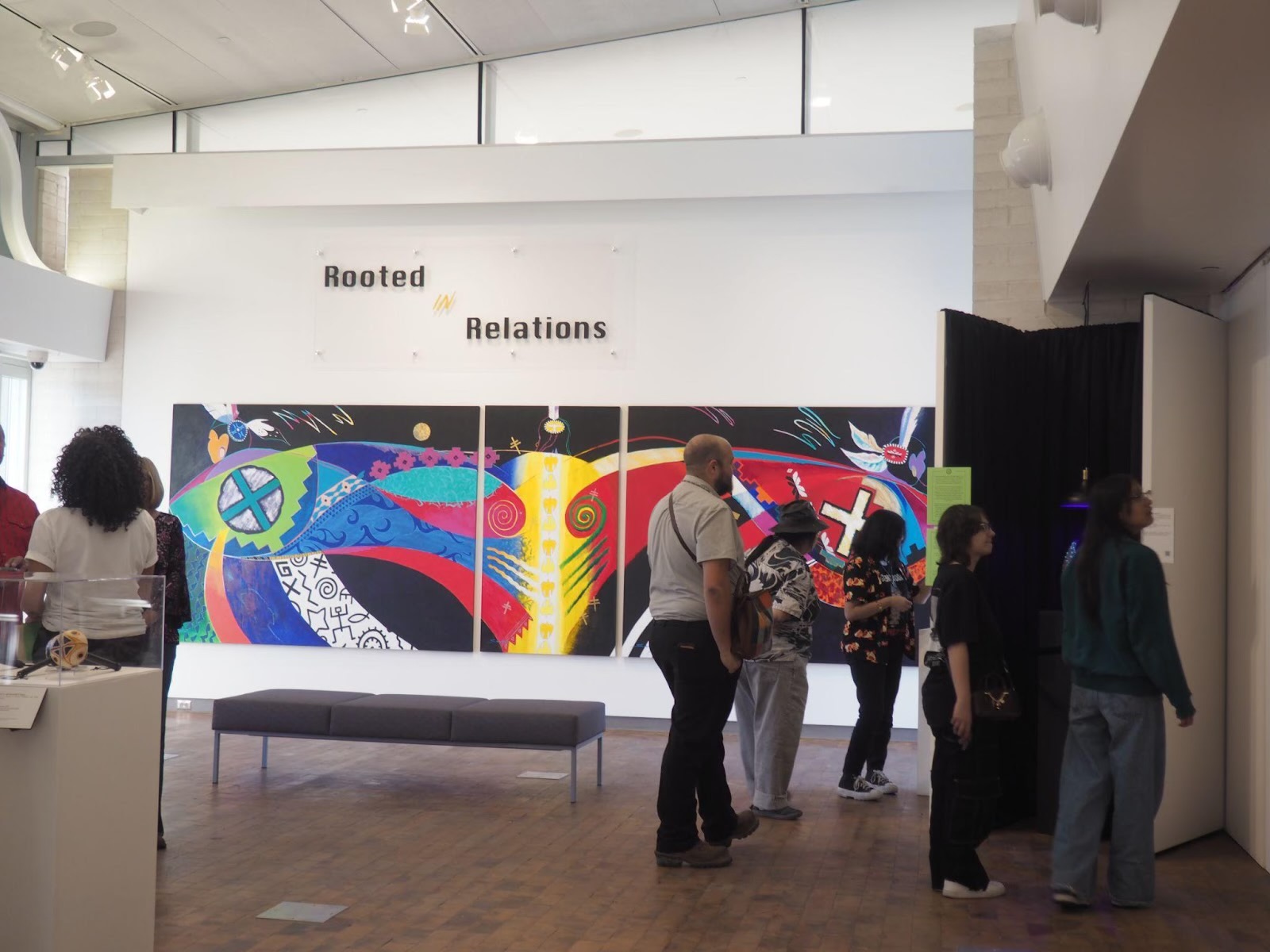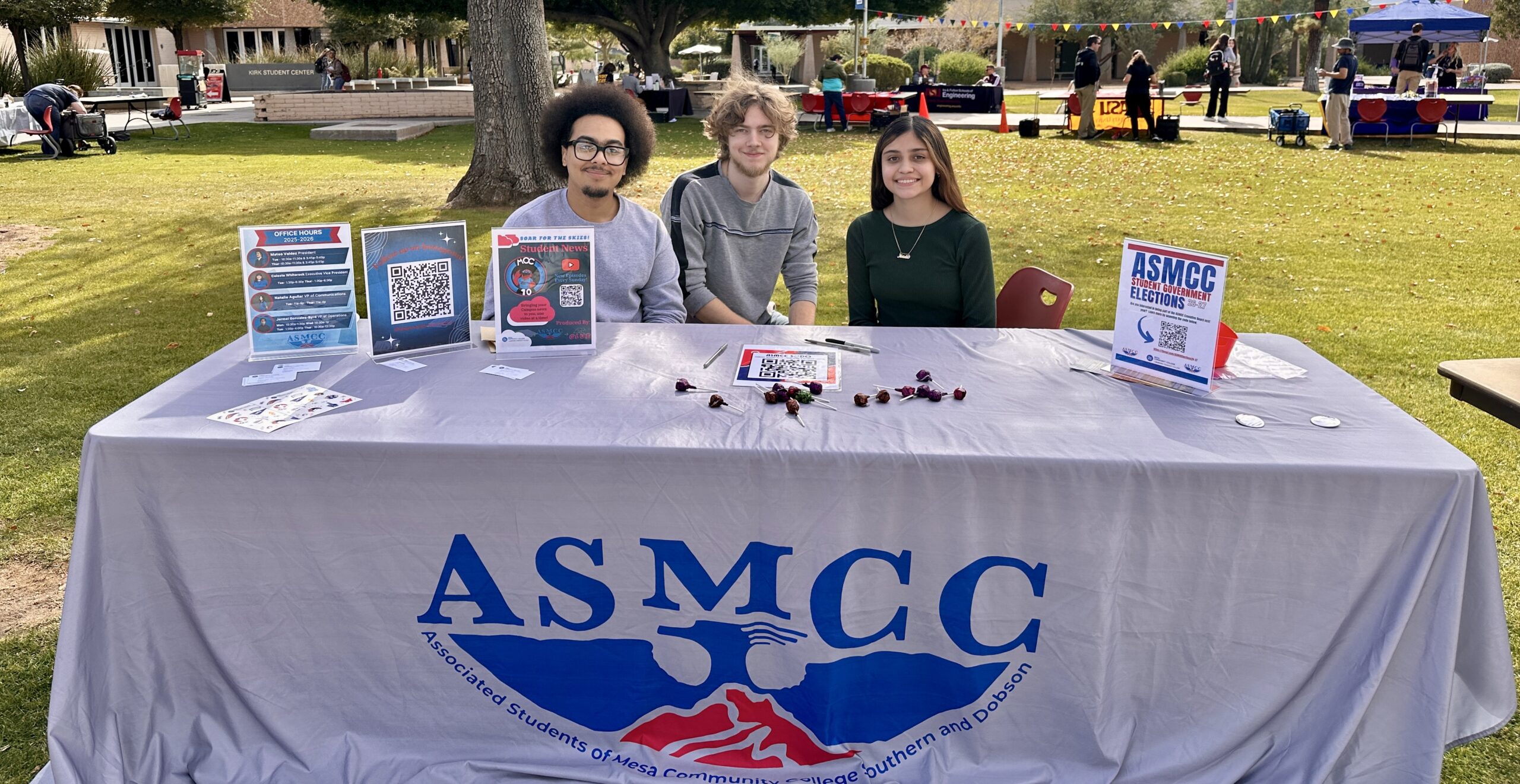Music industry struggles
By: Ryan Scott
The music industry seems to be changing faster than musicians and labels can adapt. In recent years, sales have shifted from hard copy sales of CDs to digital sales in online marketplaces such as iTunes.
However, the changes have not necessarily been lucrative to everyone. According to Neilson Soundscan’s latest numbers for 2014, sales of music in any form are taking a heavy dip.
According to Soundscan, for the first time in the history of recorded music sales there will be no platinum albums for the year of 2014, with the exception of Disney’s “Frozen” soundtrack. However, that is a compilation album and it was released in 2013.
Last year, five albums went on to sell more than a million records to achieve platinum status, including Justin Timberlake’s “The 20/20 Experience” which sold more than 2 million.
Some might point to sales of singles as some form of silver lining to the decline, but those numbers are waning as well. According to Soundscan, 83 different singles sold more than 1 million copies in 2013, compared to 60 for 2014 so far.
People can point to the rising popularity of music streaming services like Spotify or music piracy, but no matter what the reason it looks as though both consumers and the industry are going to have to make another change if they want to survive.
“I don’t think it is as common today, as it was 20 – 30 years ago, for music fans to just put on a record or CD by one artist and listen to it over and over,” said Ben Ferguson, a musician and avid music fan from Mesa. “There are still people out there that do that, but today it seems as though people prefer a playlist based on their variety of interests and tastes, rather than hear a body of work that an artist has compiled.”
Ferguson plays bass in a local heavy metal band, Weed Out The Weak, and has been performing with various bands since the 90’s, so he has lived and adapted with the changes over the years. He said that he feels both artists and the industry are doing different things to adapt to the consumers changing habits, but he still likes the old ways.
“I prefer to have an album or CD in my hand so that I can hear what the artist had in mind,” Ferguson said.
Jordon Stott lives in Mesa and plays bass for the band Aspiria and knows the challenges facing him in the future.
“You just have to be realistic about how the industry is currently running and be ready to fight a bit for your dream,” Stott said.
He also said many bands have talked to him about how hard it is to make money and succeed in the current industry, so he is not surprised, but he still feels that people should support the music they like.
“I understand some people view that the music should be free, I don’t necessarily agree though. Just because I enjoy it, doesn’t mean work isn’t put into making it happen,” Stott said. “I highly doubt anyone would be thrilled to see they didn’t get paid for a few days of work at their job.”
In spite of the change, some consumers, such as former ASU Student Brandon Wyatt, feel that things will work themselves out.
“I think bands will be able to support themselves through other means outside of the realms of CDs. It’s always about adapting, and plus from what I’ve read about big labels I’m happy it’s changing direction,” Wyatt said.









